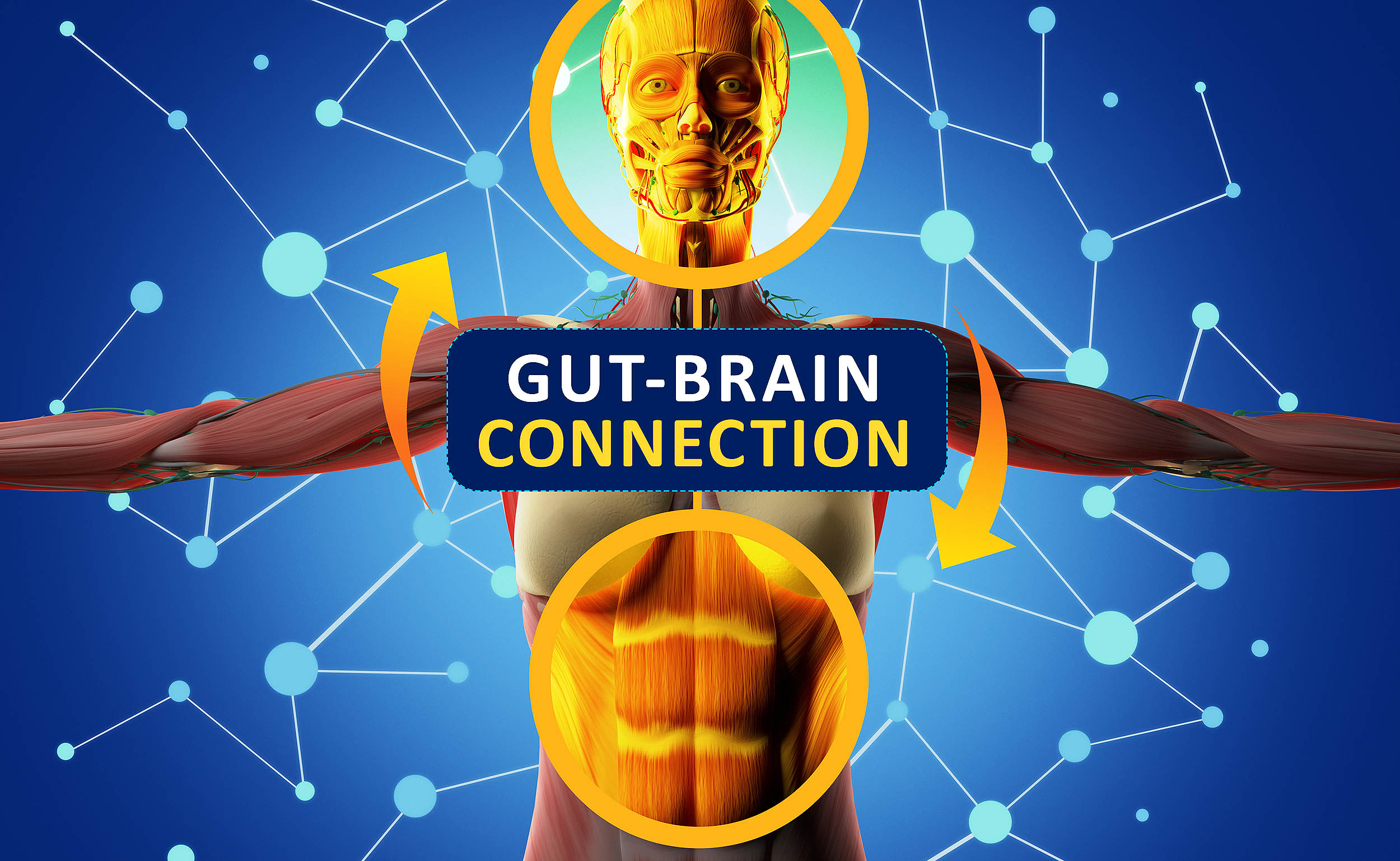T4K3.news
Duke University finds natural weight control in gut bacteria
Researchers have discovered a gut system that helps control appetite without harmful side effects.

Duke University researchers found that gut bacteria can mimic weight-loss drugs, offering a natural solution for appetite control.
New research reveals gut bacteria can control appetite without drugs
Researchers from Duke University have discovered a unique mechanism in the gut that can help control appetite. In their study, they identified specialized gut bacteria and cells that produce a protein called flagellin. This protein helps release the hormone PYY, which sends signals to the brain to indicate fullness. The study found that when this system functions well, it helps prevent overeating and weight gain. Animals without this gut signaling system tended to eat more, leading to significant weight gain. By potentially manipulating this system through diet or probiotics, researchers believe weight loss may be achievable without the side effects associated with popular weight-loss drugs like Ozempic and Mounjaro.
Key Takeaways
"Looking ahead, I think this work will be especially helpful for the broader scientific community to explain how our behavior is influenced by microbes."
This quote emphasizes the potential impact of the research on understanding human behavior and health.
"It's similar to how we use our other senses – sight, sound, smell, taste and touch – to interpret our world. But this one operates from an unexpected place: The gut."
The quote illustrates the innovative nature of gut signaling in appetite regulation.
The findings from this research may mark a turning point in the approach to weight management. With rising concerns over the side effects of conventional appetite suppressants, a natural solution based on gut health presents an attractive alternative. While the study confirms the role of specific gut bacteria in appetite regulation, it also opens the door to new dietary guidelines and supplements that can enhance this natural mechanism. Understanding the balance of our gut microbiome and its connection to eating behavior could lead to personalized nutrition strategies that promote healthier eating without depending solely on pharmaceuticals.
Highlights
- Gut bacteria may hold the key to appetite control without drugs.
- A balanced microbiome could transform how we approach weight loss.
- Why rely on drugs when your gut can do the work?
- Harnessing gut health could revolutionize weight management.
Potential challenges in promoting new dietary strategies
While the findings offer promise, reliance on gut health and diet manipulation may face skepticism and require extensive clinical validation before public adoption. Ensuring the effectiveness and safety of new dietary approaches is crucial.
Understanding the gut's role in appetite offers new hopes for addressing obesity without harsh drugs.
Enjoyed this? Let your friends know!
Related News

New research links gut bacteria to hunger regulation

New discovery in appetite regulation revealed

New study reveals gut bacteria affect appetite

New research uncovers gut's role in appetite control

Researchers find new method to improve blood sugar in obese patients

Exploring GLP-1 medications and their implications

Study Links Gut Health to Chronic Fatigue and Long COVID

Experts share foods that replicate weight-loss drug effects
:max_bytes(150000):strip_icc()/VWH-GettyImages-1800769865-0afbac7bde8e48238c223e6f0a22e37a.jpg)